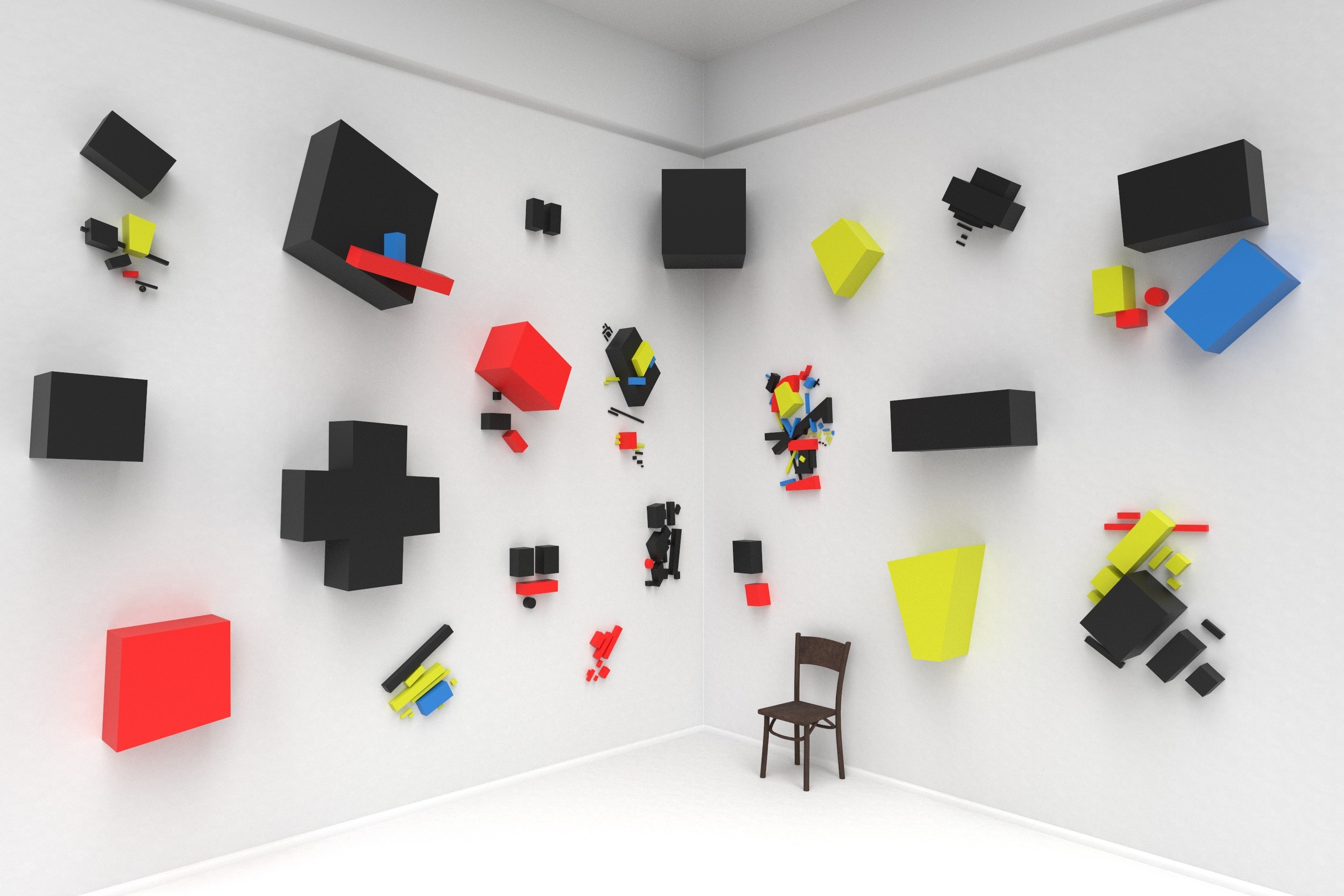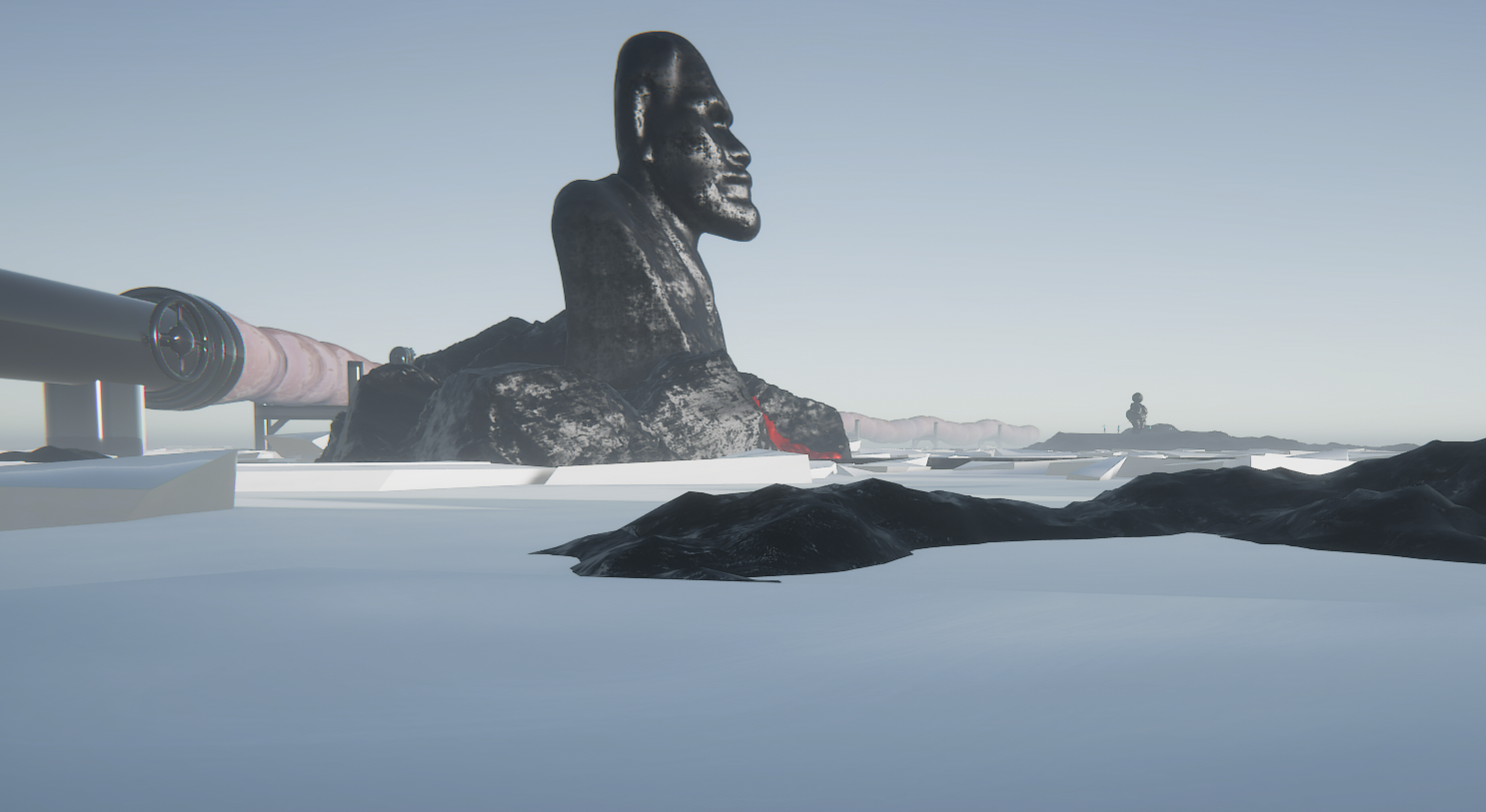Turquoise #17 | Aidar Bekchintaev: digital transition
the turquoise ether magazine’s mission is to publish independent critical reviews of promising artists from over The Commonwealth of Independent States (CIS)
Turquoise #17 | Aidar Bekchintaev (Russia)

In recent years, we have seen an unprecedented development of technologies related to virtual reality. Affordable VR helmets with acceptable picture quality appeared on the market and became massively popular. VR devices are inexorably approaching smartphones in importance, and the worlds of The Matrix or Ready Player One are getting closer. Under these conditions, artists are also making the transition to creativity in the space of virtual reality, trying to take steps in a new, so far only promised metaverse. One of them is Aidar Bekchintaev. He began his creative search, like many others, with drawing and painting, tried his hand at sculpture and street art, but at some point completely switched to digital art.

In part, the transition to digital is facilitated by the Russian state itself, in which it is becoming increasingly difficult to organize traditional exhibitions, especially if the works presented have a political connotation. At any moment, such exhibitions can be closed, and exhibited works of art can easily go into the category of material evidence in court.
The theme of politics can be constantly read in the works of Aidar, even if it is about something neutral and distant at first glance. But most often the works have a sharp political connotation and reflect the author’s position on totalitarian tendencies, the role of the police and security forces, state and religious symbols.

All these topics do not disappear in the digital space. In the virtual exhibition “Lenin’s Island” at KZ Gallery, visitors are greeted by a huge figure of Lenin, which has become something like a Moai — the massive megaliths of Easter Island. And in the background, you can see the Trans-Siberian gastro-intestinal pipeline.
In another virtual exhibition, in RecRoom, dedicated to ZhEK art (yard sculptures made of tires, plastic bottles, and other found materials, common in the post-Soviet territory), one can also find many references to Russian reality, from the bars on the windows to the colors of the walls.

Author ✍️ Anton Medvedev for turquoise ether magazine
